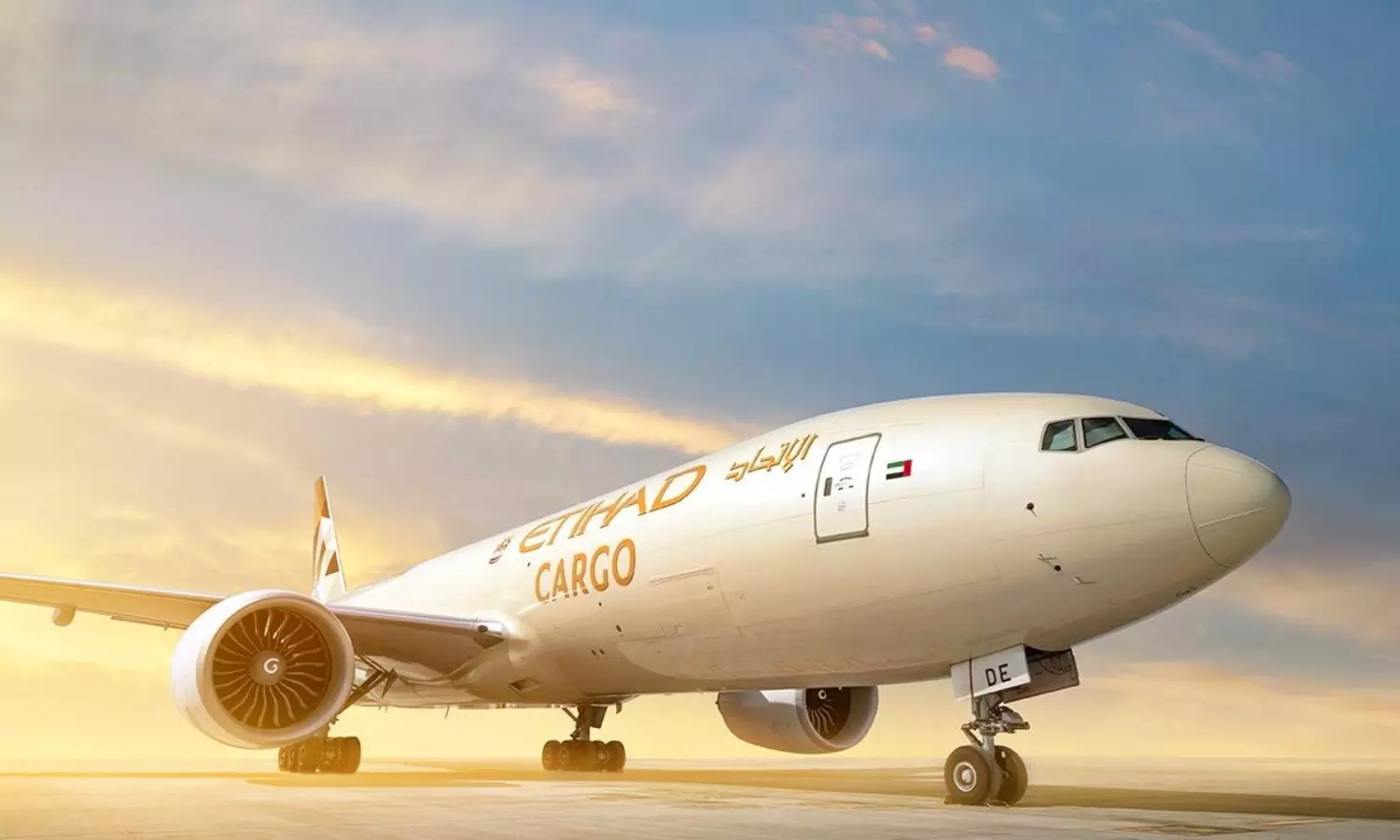Etihad Cargo H1 revenue up 6% on lower volumes
Increase in passenger volumes limit belly-hold capacity, leading to a 19 percent reduction in freight carried.

Etihad Cargo reported a 6 percent increase in revenue at $802 million for the first half of 2022. "Revenues remained strong despite the increase in passenger volumes limiting belly-hold capacity, leading to a 19 percent reduction in freight carried (295,020 tonnes)," says an official announcement.
Etihad carried 4.02 million passengers in H12022, over 3 million more than last year (H12021: 980,000) with an average seat load factor of 75 percent.
Network capacity came in at 24 billion available seat kilometres (ASKs) for H12022, an increase of 46 percent compared to last year (H12021: 16.4 billion) "as the airline connected Abu Dhabi to 71 passenger and cargo destinations across 45 countries."
"Thanks to our transformation programme, Etihad is emerging from the pandemic stronger than ever with a world-class fleet, an unmatched customer proposition and sustainability woven into every fibre of our business," says Tony Douglas, Group Chief Executive Officer, Etihad Airways. "As air travel came roaring back in 2022, Etihad was there to reconnect our customers with their loved ones and take them on their long-awaited vacations, carrying over 4 million passengers to and from our beautiful home of Abu Dhabi.
"Sustainability continued to be a priority area for Etihad as we entered our fuel-efficient A350-1000s into service and continued our industry-leading decarbonisation efforts, leading to Etihad being recently named Environmental Airline of the Year. Our results would not be possible without the hard work and commitment of the entire Etihad family, and our focus now is on continuing this momentum into the second half of the year."
Etihad's passenger revenue tripled to $1.25 billion (H1 2021: $320 million), EBITDA increased to $690 million ($60 million in H12021) and core operating profit came in at $300 million (loss of $390 million in H12021).
The number of operating aircraft increased to 71 from 64, the statement added.


